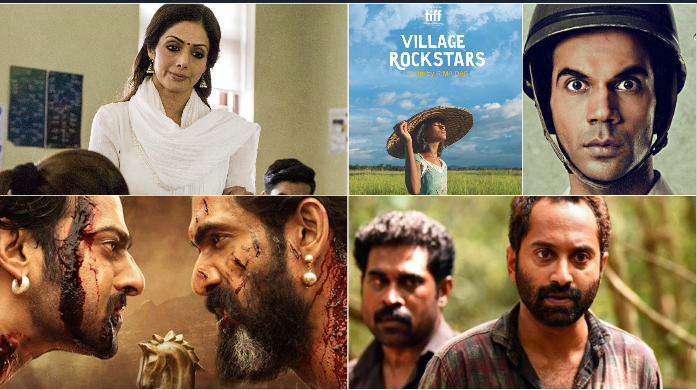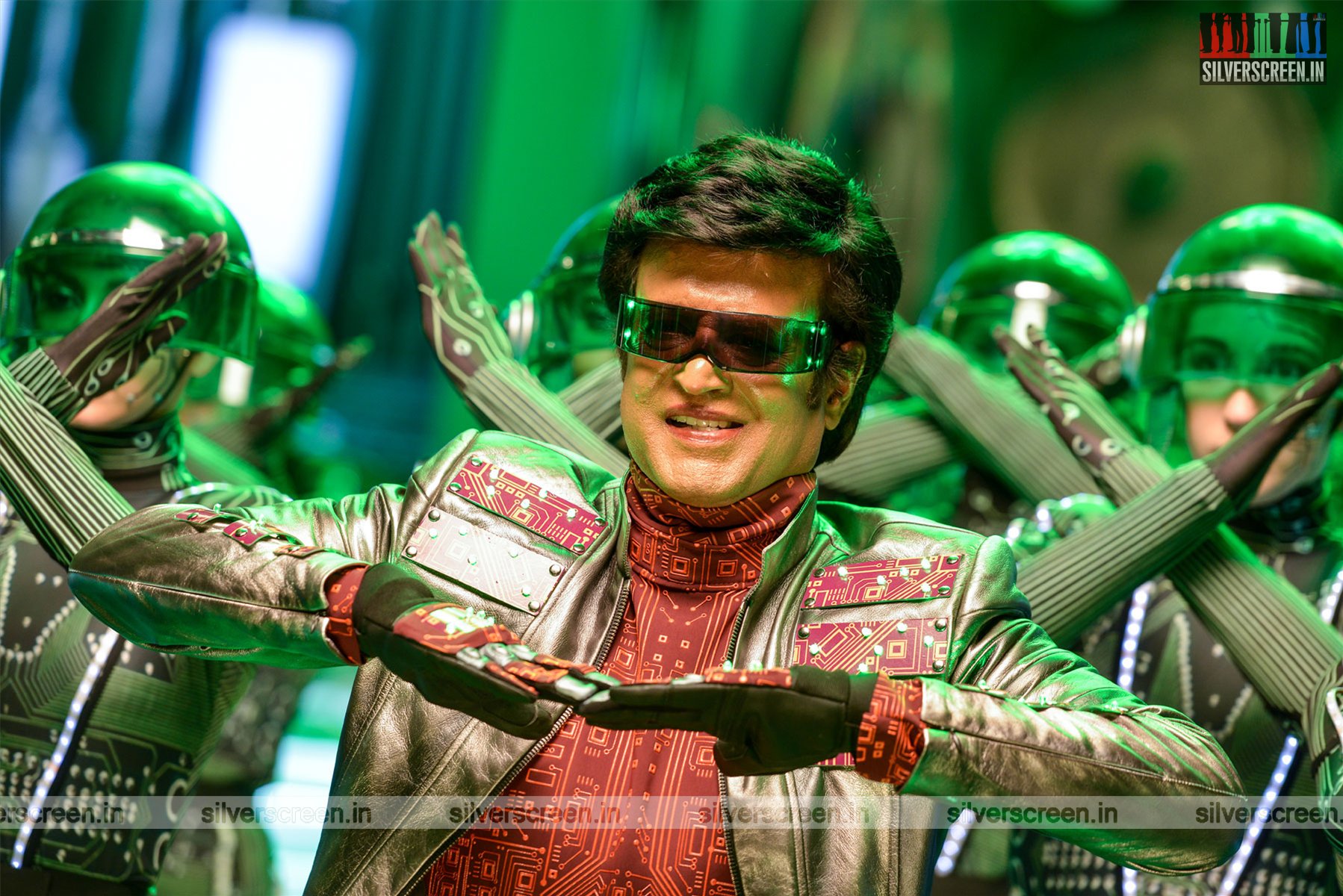Imagine you are home alone one night, and you start hearing strange voices outside; footsteps, whispers. A chill goes down your spine. You muster some courage and walk to the front door to see what’s going on, only to realise it is two naughty kids from the neighborhood pulling a prank on you. Won’t you feel cheated?
B Unnikrishnan’s Villain, a crime thriller starting Mohanlal, Manju Warrier and Vishal Krishna, evokes such sentiments. It aspires to be a dark psychological thriller, centred around a genius cop who beats the villains using mind games than physical strength. But there is only so much it can achieve with an inane plot and a sillier screenplay.
Villain is highly predictable for a crime thriller. There is no intrigue, and it offers nothing new to an audience which is familiar with far superior films such as David Fincher’s Seven, Mysskin’s Yuddham Sei and KG George’s Ee Kannikoodi. The weakest element in Villain’s plot is, by far, its antagonists who act like two rogue teenagers. A brief session of counselling or a even a slap in the face could bring them back to senses, and put an end to this murderous spree. Unnikrishnan tries to make up for the lack of genius in the writing with the lead characters who dress up suavely and throw in philosophical lines every now and then, sometimes irrespective of the situations.
The story unfolds in Kochi where the concept of winter clothes is unheard of, thanks to the year-long hot and humid weather. However, when you first see the film’s protagonist, Dr Mathews (Mohanlal), assistant deputy general of police, he is wearing a wool trench coat. He is in a dump yard, staring at a the scrap car, possibly damaged in a fatal accident. A tea-seller on a bicycle approaches him. After buying a cup of tea, Mathews, in a haze, hands over his credit card to the guy. In a more rational film, the presence of tea-seller in a dump yard would have raised questions, but in Villain, the trench coat and the tea-seller are natural elements in the absurd terrain that the film functions in.
Once a celebrated officer in the police department, Mathews is now preparing for an early retirement, thanks to a tragedy that happened in his personal life seven months ago. We know he is a gloomy man because he has a well-groomed beard and a perfectly set salt and pepper mane, the famous movie short-hands to portray a gloomy man. His superior officer, played by Siddique, asks him to take up one last assignment, a case of multiple murders in the city, before he hangs up his boots. Mathews is reluctant, yet he gives in to the request.
There are quite a few interesting moments that serve as testimonies to Mohanlal’s acting prowess. Even the most contrived dialogues and situations attain a certain finesse in the hands of Lal. The grief and heartbreak that Mathews is living appear organic. Same goes for Manju Warrier who plays Dr Neelima, Mathews’ wife. There is an affecting scene involving these two actors, set inside a hospital.
Mathews relies on coincidences, intuitions and wild guesses to solve the crime. In the final sequence, an angry villain asks Mathews to stop ‘playing mind games’ with him. This can leave you baffled because all you see is Mathews indulging in a rather dull conversation with two supposedly mighty criminals. The cop animatedly tells one of the killers, “Kid, there is enough time. Leave this maze of crime and go, live your life,” and you see that she has agreed to what he said. Where is the ingenious mind game we were promised of?
Recommended
Villain is an addition to the list of cop stories where the protagonist’s spouse has to bear the brunt of her partner’s profession. In Gautham Menon’s Kaakka Kaakka, the woman dies a violent death in the hands of the villain. This repeats in Menon’s Vettaiyaadu Vilayaadu and later, in Ennai Arindhaal. In Jeethu Joseph’s Memories, which was a crime thriller that did well at the box-office, the protagonist, played by Prithviraj, was a brooding alcoholic living in grief after his wife and kid were killed by a criminal. Why do our filmmakers love to unleash violence on women, make them pawns in the cat and mouse game between the villain and the hero? Does being single and celibate make it easier for the men to be taken seriously? Does such a personal loss help them solve crimes? Logically, not. Women in our crime thrillers are either dead or waiting to be dead; victims or collateral damages, and this is a rather disturbing trope.
Villain isn’t a random superstar film made with little thought. Evidently, Unnikrishnan has done some homework, especially in etching out Mathew’s love for Neelima, and his resignation from life post her death. The background score by Sushin Shyam is great, and more importantly, aptly restrained. But it takes more than a few emotional moments and mood inducing music to pull off a fine crime thriller. When the film fails to interest you even in the crime, would solving those crimes be any edgy?
***
The Villain review is a Silverscreen original article. It was not paid for or commissioned by anyone associated with the movie. Silverscreen.in and its writers do not have any commercial relationship with movies that are reviewed on the site.



